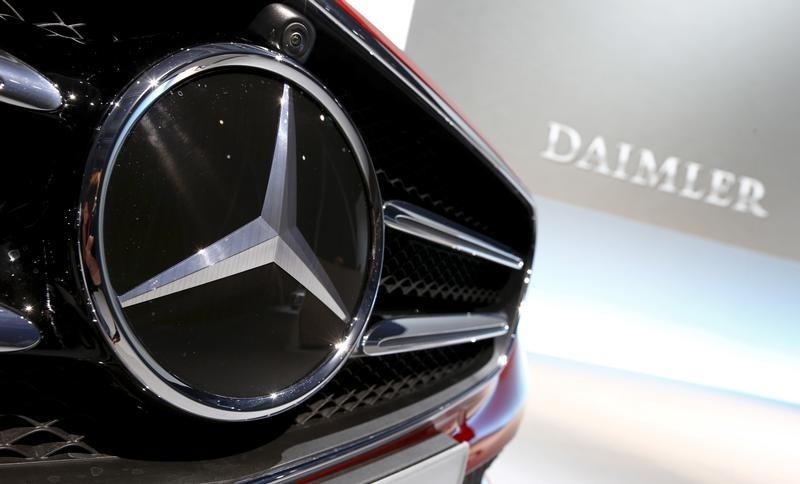By Geoffrey Smith
Investing.com -- Another day, another set of corporate warnings that investors seem determined not to hear.
Companies are running out of options: British Airways said it will cut nearly 30% of its workforce, some 12,000 jobs, in an effort to stop an otherwise certain spiral into insolvency. Even if lockdown measures are eased (which they haven’t been in the U.K., yet), the airline warned that it would take ‘several years’ for the travel industry to get back to where it was in 2019 – a year in which it was already plagued by overcapacity.
That has consequences for Airbus, which sits at the top of a hugely important value chain supporting tens of thousands of some of the best-paid manufacturing jobs in Europe.
The company’s chief executive Guillaume Faury warned on Wednesday that: “We are now in the midst of the gravest crisis the aerospace industry has ever known.”
Anyone doubting that need only take a look at the group’s cash flow, which was negative to the tune of over 8 billion euros in the quarter (although in fairness, 3.6 billion of that was due to a fine for historical corruption cases).
There was marginally better news from Germany’s big carmakers Volkswagen and Daimler (OTC:DDAIF). Daimler too had negative cash flow of 1.6 billion euros in the quarter, as sales volumes slumped by 16%, although revenue held up better due to aggressive discounting in the comparison quarter. VW, meanwhile, said it still expects an operating profit this year, which implies a punchy rebound after what is certain to be a dismal second quarter.
And yet, markets are acting as if all the bad news is priced in. Daimler (DE:DAIGn) stock rose 2.5%, Volkswagen (DE:VOWG_p) stock rose 2.3% and Airbus (PA:AIR) stock rose 1.3%. Only BA parent IAG (LON:ICAG) stock reacted negatively, falling 2.7%.
The silver lining for Daimler is the ready availability of credit, thanks to the European Central Bank’s easing of monetary policy and the German government’s comprehensive loan guarantees. That’s allowing the company to keep up spending on key technologies, including electrification and digitalization.
“They are non-negotiable elements of our future," chief executive Ola Kallenius said in a statement accompanying the results.
The ECB’s measures in particular are already making themselves felt across the euro zone. M3 money supply rose 7.5% on the year in March – the fastest rate in over 11 years - as the central bank shoveled out liquidity. Just as importantly, the European Commission’s proposals on loosening bank capital rules, released Tuesday, will help ensure that banks can continue to push out money to those who need it without worrying about breaching regulatory limits.
And yet, there is still more to do. A survey by the German research institute Ifo published this week showed that fewer than half of Germany’s companies think they can survive the current situation for more than six months. Over half of retailers say they won’t last four months. Given that there is still no sign of a medical cure for Covid-19, and that the risk of subsequent waves of infection will remain as long as that is the case, the race between the virus and the economy is still far from run.
